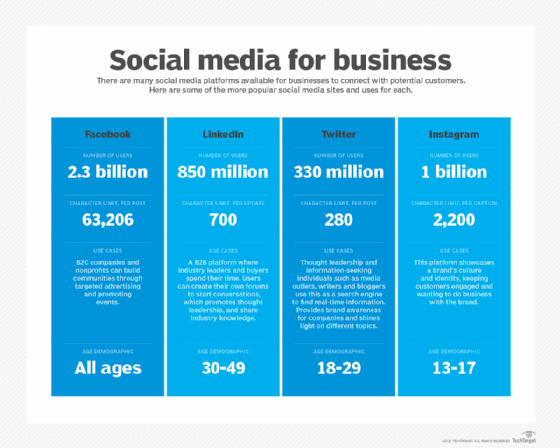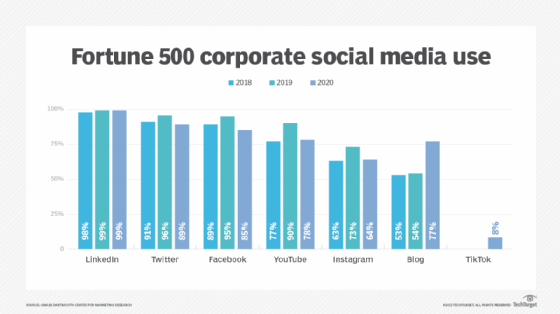user group
What is a user group?
In personal or business computing, a user group is a set of people who have similar interests, goals or concerns. The members have regular meetings where they can share their ideas.
Ideally, the members of a user group live in the same geographic area, so they can get together in person. However, some user groups have members distributed throughout the world. So they meet using internet chat rooms, on social media and message boards, or mailing lists.
Members may also correspond by telephone and email on a one-to-one basis. User groups often have websites that each member can visit on a regular basis to stay informed.

Types of user groups
The term "user group" can be used to specify a few different scenarios:
- A social user group is often devoted to discussing and troubleshooting a particular technology or product.
- A special interest group (SIG) is a user group that is devoted to a narrow range of products or ideas.
- A software user group is a group of people who use a particular product or platform to discuss their experiences and gain support. For example, Oracle, IBM and the Android operating system all have user groups.

Managing a user group
While the functionality of a user group will differ based on the type of group being referenced, an administrator (sometimes referred to as an admin or system administrator) is needed to govern the group and manage users.
Some of the admin's common functions include:
- Establishing a group name for a new user group
- Maintaining a list of users or active group members and adding users
- Assigning roles and responsibilities to users
- Determining when and where a user group will meet (for social and SIG groups)
- Assigning certain users to subgroups (for software user groups)
- Maintaining group permission functionality (for software user groups)
For business, user groups enable a company's customers to interact and address issues about specific products and services together and with support staff. They enable companies to better understand their customers, partners and/or employees, and provide platforms where they can gain insights into customer satisfaction to improve the user experience and increase customer retention.
